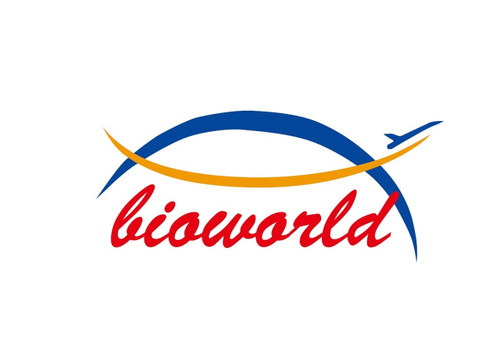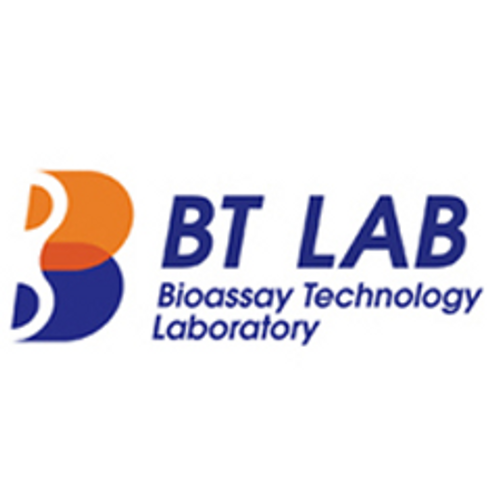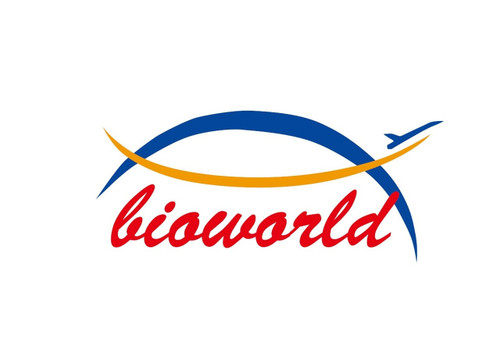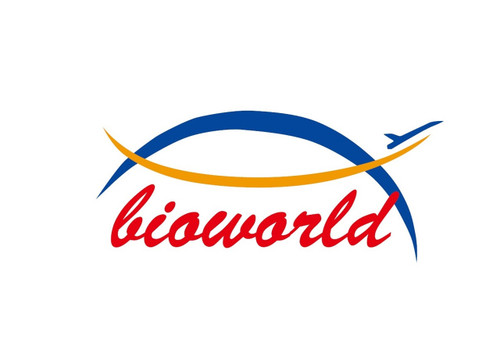Product Description
MCM4 (phospho-S54) polyclonal Antibody | BS4843 | Bioworld
Host: Rabbit
Reactivity: Human,Mouse,Rat
Application: WB IHC
Application Range: WB: 1:500~1:1000 IHC: 1:50~1:200
Background: The mini-chromosome maintenance (MCM) family of proteins, including MCM2, MCM3, MCM4 (Cdc21), MCM5 (Cdc46), MCM6 (Mis5) and MCM7 (Cdc47), are regulators of DNA replication that act to ensure replication occurs only once in the cell cycle. Expression of MCM proteins increases during cell growth, peaking at G1 to S phase. The MCM proteins each contain an ATP-binding motif, which is predicted to mediate ATP-dependent opening of double-stranded DNA. MCM proteins are regulated by E2F transcription factors, which induce MCM expression, and by protein kinases, which interact with MCM proteins to maintain the postreplicative state of the cell. MCM2/MCM4 complexes function as substrates for Cdc2/cyclin in vitro. Cleavage of MCM3, which can be prevented by caspase inhibitors, results in the inactivation of the MCM complex (composed of at least MCM proteins 2-6) during apoptosis.
Storage & Stability: Store at 4°C short term. Aliquot and store at -20°C long term. Avoid freeze-thaw cycles.
Specificity: p-MCM4 (S54) polyclonal Antibody detects endogenous levels of MCM4 protein only when phosphorylated at Ser54.
Molecular Weight: ~ 97 kDa
Note: For research use only, not for use in diagnostic procedure.
Alternative Names: DNA replication licensing factor MCM4; CDC21 homolog; P1-CDC21; CDC21
Immunogen: Synthetic phosphopeptide derived from human MCM4 around the phosphorylation site of Serine 54.
Conjugate: Unconjugated
Modification: Phosphorylation
Purification & Purity: The Antibody was affinity-purified from rabbit antiserum by affinity-chromatography using epitope-specific immunogen and the purity is > 95% (by SDS-PAGE) .
Pathway: Regulation of Actin Dynamics,Warburg Effect,G Protein-coupled Receptors Signaling to MAPK Erk,MAPK Erk in Growth and Differentiation Pathway,MAPK Erk in Growth and Differentiation Pathway,
 Euro
Euro
 USD
USD
 British Pound
British Pound
 NULL
NULL








